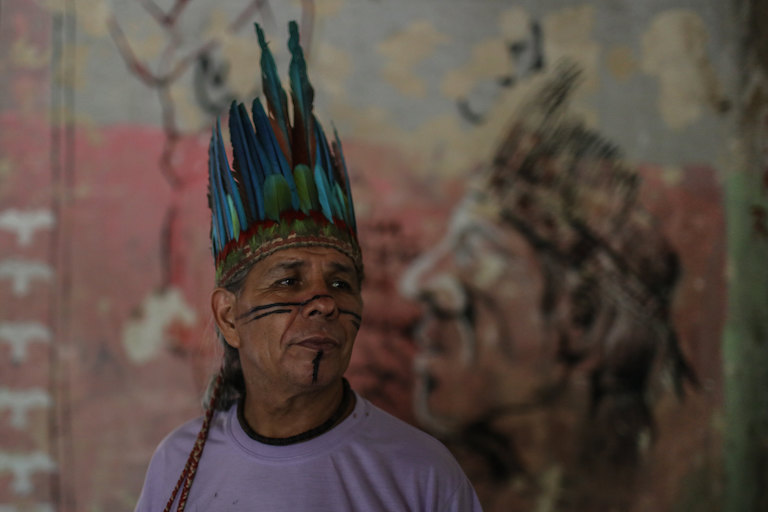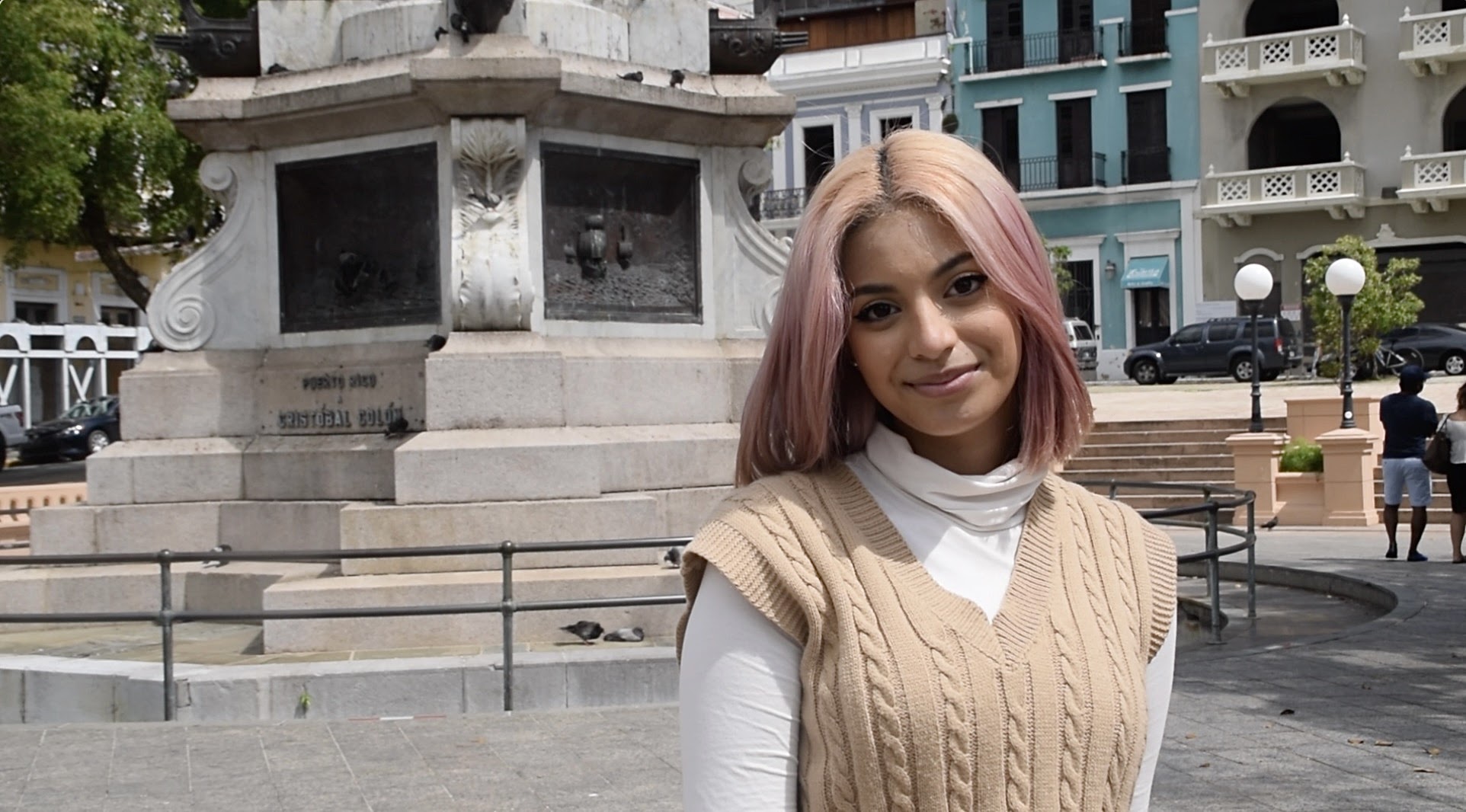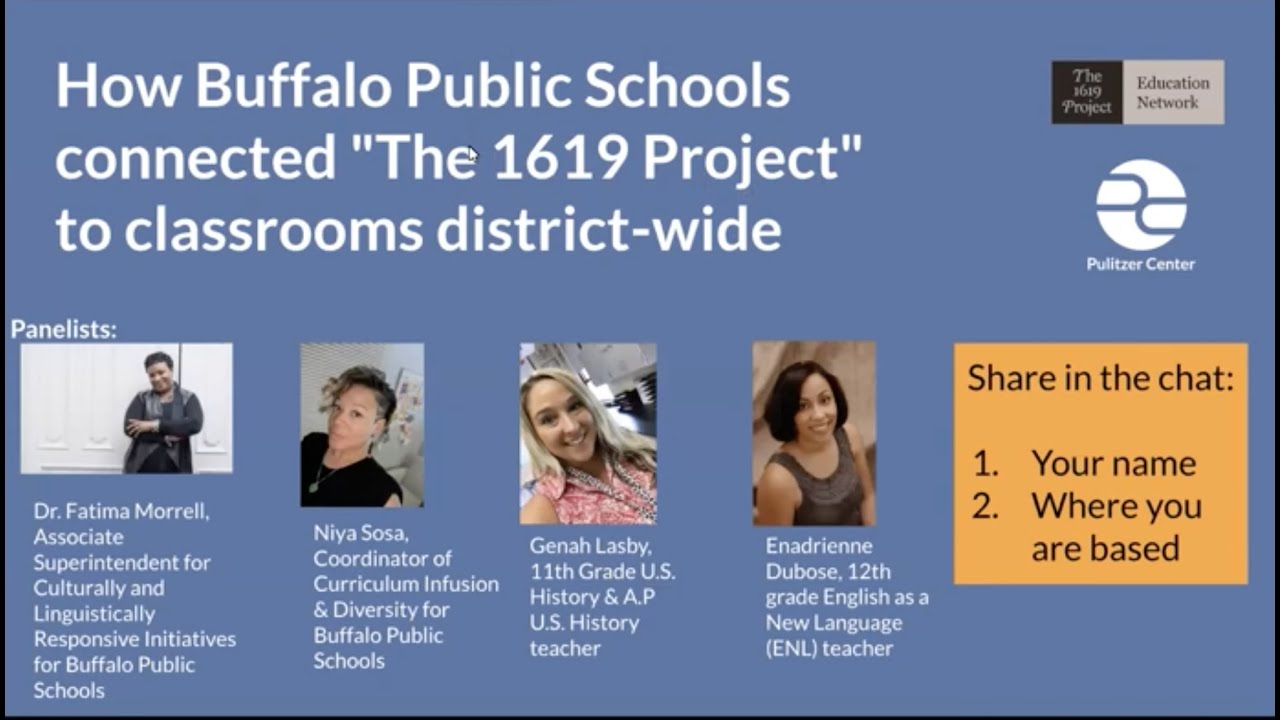Education
Access to quality education has a tremendous impact on the lives of people around the world, leading to positive outcomes in economic success and health. Pulitzer Center stories tagged with “Education” feature reporting that covers how education is used to improve standards of living, increase economic opportunity, and build a global middle class. Use the Pulitzer Center Lesson Builder to find and create lesson plans on education.
-

In Puerto Rico, COVID-19 and natural disasters are impacting students' quality of education. Énoa...
-

Pulitzer Center Update
Webinar on Demand: How Buffalo Public Schools connected 'The 1619 Project' to classrooms district-wide
On March 24, 2021, the Pulitzer Center education team held a discussion with administrators and...
May 26, 2021 -

Pulitzer Center Update
Confronting Uncomfortable Truths in My Home State
Nikole Hannah-Jones, UNC, History, and Today
May 25, 2021




























